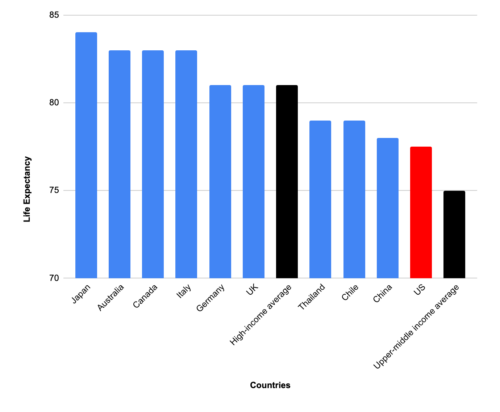How The China Trade War Will Jump Start Digital Manufacturing
By: / 06.03.2019
(As originally appeared on Forbes.com)
Trade war! In my previous column on China and digital manufacturing, I observed that the low price of Chinese imports has been artificially suppressing domestic investments in manufacturing automation. The process of digitization is expensive and risky, and rational investors and managers won’t spend money if they know they will be immediately undercut by Chinese competitors.
Now President Donald Trump has amped up a trade war with China. The new tariffs will hit consumers in their wallets, as even Trump economic advisor Larry Kudlow agrees. Moreover, the trade war runs the risk of boosting inflation, raising interest rates, and potentially tipping the economy into recession.
But for companies in the digital manufacturing space, there’s a silver lining to the dark cloud of the trade war. Suddenly the risk-benefit calculation of investment in digitization starts to look more attractive, purely as an economic proposition. For one, sourcing parts out of China is becoming riskier and potentially more expensive.
With perfect timing, Xometry, a Gaithersburg, Md-based manufacturing platform which calls itself “the largest on-demand manufacturing marketplace,” with more than 2500 U.S. manufacturing partners, just announced a $50 million equity funding round to further build out its capabilities. An article in the Wall Street Journal noted that Xometry’s business “can help blunt small companies’ exposure to price fluctuations and shortages as trade tensions and U.S. tariffs on steel and aluminum make prices more volatile.”
“We’ve definitely seen more requests for reshoring but I don’t think the tides have fully turned,” adds Dave Evans, CEO and co-founder at Fictiv, a high-profile San Francisco-based manufacturing platform. Rather, says Evans, companies are “tariff engineering” their product to reduce costs by making specific parts or assembling locally in the U.S.
For manufacturers of robotics and other industrial automation equipment, the trade war is a mixed bag. On the one hand, domestic companies are gearing up to invest more in robotics. On the other hand, China has been investing heavily in automation, and those markets may be in trouble as the trade war heats up.
For now, manufacturers are still hoping that the China-US trade war will turn out to be only a skirmish. But at some point, companies that have relied on China for their production will decide that the combination of trade tensions and new technology and new business models–what we have called the Internet of Goods–make it more profitable to produce in the domestic market for the domestic market. And that’s when the digital revolution in manufacturing will really take off.






